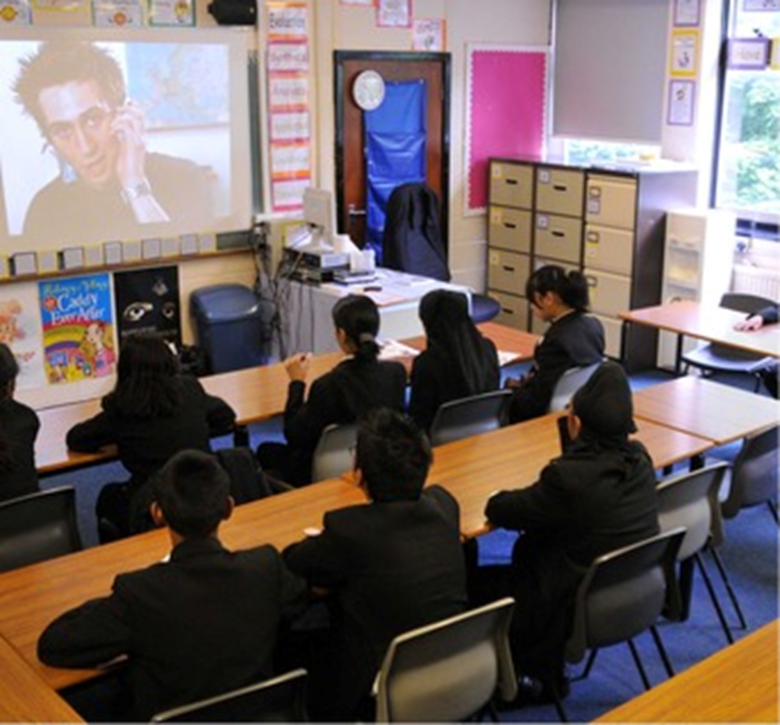Children in foster care 'do better at school'
Neil Puffett
Monday, November 30, 2015
Children who are fostered do better at school than children who continue to live with their families while receiving social work support, researchers have found.

A study, led jointly by the Rees Centre for Research in Fostering and Education at the University of Oxford and the University of Bristol, found that by the age of 16, children in foster care or kinship care achieved GCSEs at least six grades higher, on average, than children in other forms of care.
However, results of both fostered children and those in other forms of care were not as good as pupils in the general population.
The report, which examined the GCSE results of 640,000 young people in England in 2013, also found that young people in care who changed school in Year 10 or 11 on average scored more than five grades less than those who did not.
Meanwhile each additional change of care placement after the age of 11 resulted in around one-third of a grade lower at GCSE.
The researchers concluded that foster care protects the education of children in care, with other key factors being the number of school absences, the timing and number of care placements or school moves, and the type of school attended.
Professor Judy Sebba, director of the Rees Centre, said school moves should be avoided, particularly in the two years leading up to GCSE exams.
Debbie Barnes, chair of the educational achievement policy committee at the Association of Directors of Children's Services, said the research will help local authorities better understand the experiences of vulnerable children and "make sure that both the education and care system is built to meet their individual needs".
Children's minister Edward Timpson said education coupled with a stable home environment can transform the lives of vulnerable children.
"As a government we're not complacent about the unique challenges that children in care often face at school," he said.
"That’s why we’ve put in place a comprehensive package of support - including the introduction of the Pupil Premium Plus and compulsory Virtual School Heads to champion their educational attainment.
"We’ve also changed the rules so foster children can remain at home until 21 and have recognised long-term fostering as a placement in its own right, providing young people with greater stability as they prepare for independence and adult life."




